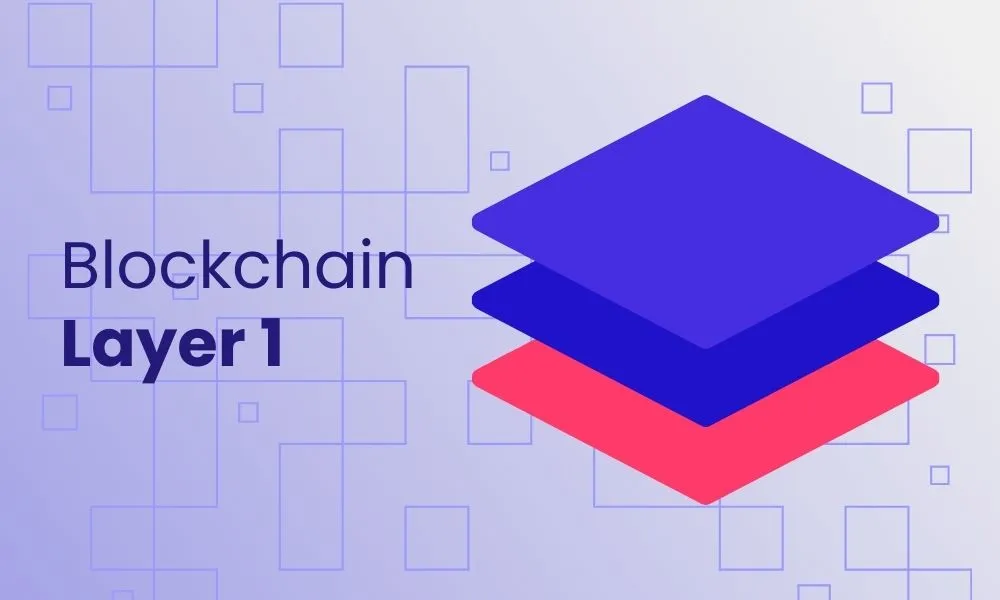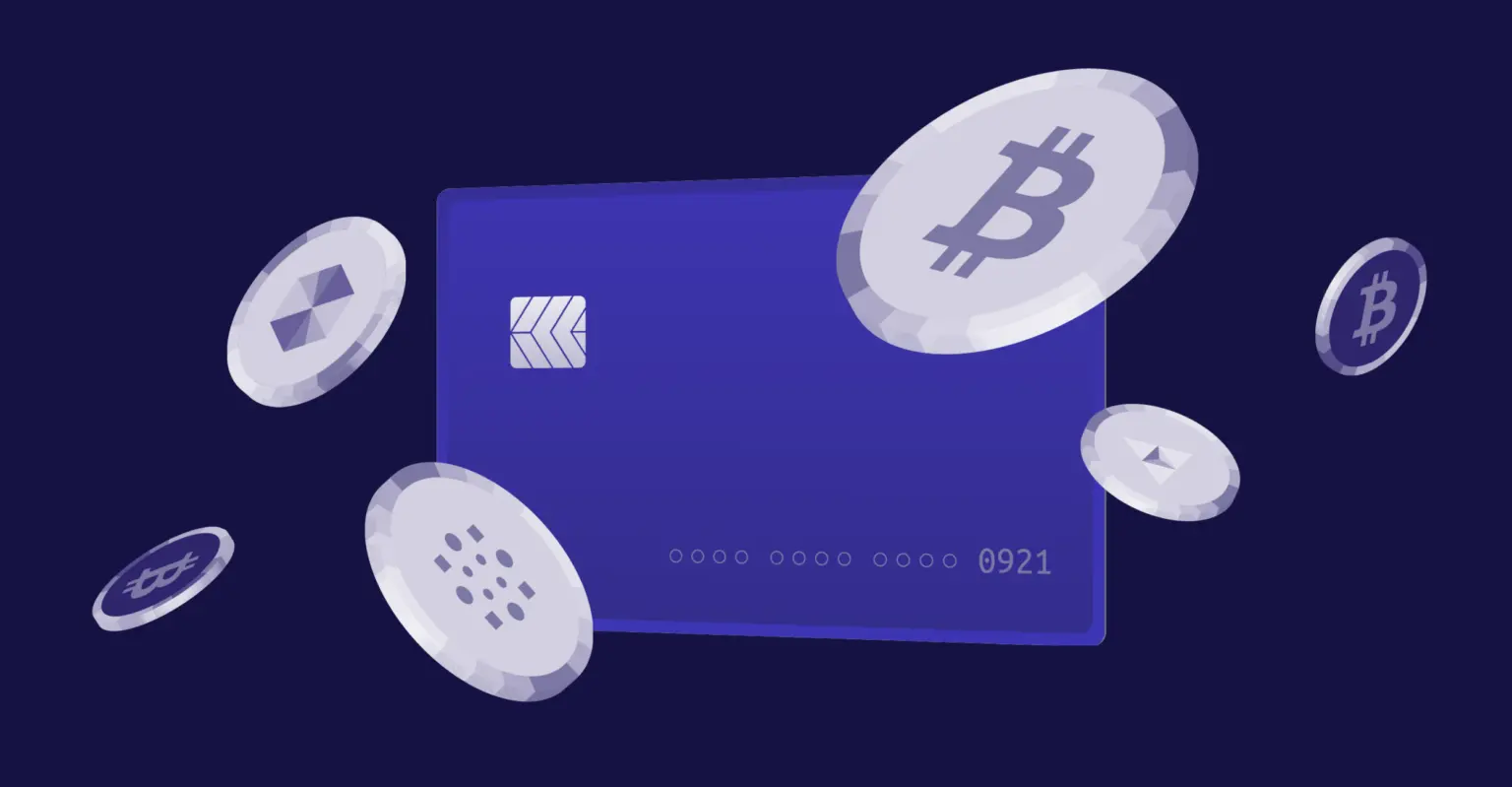Crypto Trading Classes: Top 10 Courses to Master Digital Asset Trading

The best crypto trading classes for 2025 include comprehensive courses covering technical analysis, DeFi protocols, risk management, and practical trading strategies from reputable educators and platforms.
You've been trading crypto for months, maybe years. Your portfolio looks like a roller coaster that only goes down. Every time you think you've figured out the market, it does something completely unexpected and wipes out your gains.
Sound familiar? You're not alone. Most crypto traders lose money because they're gambling instead of trading with a systematic approach.
The harsh reality is that 90% of traders fail because they never learn proper risk management, technical analysis, or market psychology. They watch YouTube videos, follow Twitter influencers, and think they can compete against professional traders with years of education and experience.
Professional trading is a skill that requires proper education, just like any other profession. You wouldn't try to perform surgery after watching medical shows, yet people jump into crypto trading with even less preparation.
The traders making consistent profits have invested time and money into quality education. They understand how to analyze crypto markets, choose the right cryptocurrency exchanges, and manage risk properly.
This guide reviews the best crypto trading courses available in 2025, helping you choose education that actually improves your results instead of just feeding you more hopium.
Why Professional Crypto Trading Education Matters
Trading crypto without proper education is like driving blindfolded on a highway. You might get lucky for a while, but eventually, you'll crash.
The Cost of Learning Through Trial and Error
The average crypto trader loses 40-60% of their initial investment within the first year. For someone starting with $10,000, that's $4,000-6,000 in tuition paid to the market instead of an instructor.
Quality trading education costs $500-5,000 depending on the course depth and instructor credentials. Even expensive courses are cheaper than losing money through avoidable mistakes.
Consider the opportunity cost of bad trades. Every dollar lost to poor decisions is a dollar that can't compound over time. The difference between 10% annual returns and -20% annual losses compounds dramatically over years.
Professional traders understand that education is an investment, not an expense. The knowledge pays dividends for years through better decision-making and risk management.
Structured Learning vs Self-Teaching
Self-teaching from free resources seems appealing, but it has serious drawbacks. Information is scattered, often contradictory, and lacks progression from basic to advanced concepts.
Most free content is created by people trying to sell something else. The quality varies wildly, and beginners can't distinguish good advice from marketing disguised as education.
Structured courses provide systematic learning paths that build knowledge progressively. You learn fundamentals before advanced strategies, preventing gaps that lead to costly mistakes.
Quality courses also include practical exercises, real-world examples, and instructor feedback that you can't get from YouTube videos or blog posts.
Top 10 Crypto Trading Courses Reviewed
These courses represent the best crypto trading education available in 2025, ranked by content quality, instructor credibility, and student outcomes.
#1 Decentralized Masters DeFi Trading Masterclass
Instructor: Tan Gera (CFA) and team of 35+ analysts Duration: Comprehensive mastermind program Price: Premium pricing for complete system Focus: DeFi protocols, yield strategies, risk management
Decentralized Masters offers the most comprehensive DeFi education available. The ABN System teaches systematic wealth building through decentralized finance rather than speculative trading.
The program covers Phase A (All-Weather Portfolio), Phase B (Become the Bank), and Phase N (Native Market Access). Students learn to generate consistent returns through DeFi protocols rather than trying to time market movements.
What sets this apart is the focus on building wealth systematically rather than gambling on price movements. The approach emphasizes capital preservation and sustainable returns over get-rich-quick schemes.
The community aspect provides ongoing support and deal flow from other successful investors. Students share opportunities and learn from each other's experiences.
#2 Cryptocurrency Technical Analysis Course
Platform: Various providers including TradingView and Udemy Duration: 20-40 hours depending on provider Price: $200-800 Focus: Chart patterns, indicators, trend analysis
Technical analysis courses teach you to read price charts and identify trading opportunities. The best courses cover chart patterns, trend analysis, and indicator usage specific to crypto markets.
Look for courses that address crypto-specific factors like 24/7 trading, high volatility, and limited liquidity in smaller altcoins. Traditional technical analysis needs modification for crypto markets.
Quality courses include practice exercises with historical charts and real-time market analysis. Theory without application doesn't improve trading results.
Avoid courses promising guaranteed profits or "secret" indicators. Good technical analysis improves your odds but doesn't guarantee success.
#3 DeFi Yield Farming Strategies
Providers: Multiple DeFi-focused educators Duration: 10-20 hours Price: $300-1,000 Focus: Liquidity provision, yield optimization, risk management
Yield farming courses teach how to earn returns by providing liquidity to DeFi protocols. This is more complex than simple trading and requires understanding smart contracts and impermanent loss.
The best courses explain the risks clearly, including smart contract bugs, impermanent loss, and rug pull scenarios. Many yield farming courses oversell the returns while underselling the risks.
Look for courses that teach portfolio approaches rather than chasing the highest yields. Sustainable yield farming requires diversification and risk management.
Practical components should include wallet setup, protocol interaction, and yield calculation. Theory is useless without knowing how to actually implement strategies.
#4 Advanced Crypto Risk Management
Focus: Position sizing, portfolio theory, drawdown management Duration: 15-25 hours Price: $400-1,200 Prerequisites: Basic trading knowledge
Risk management is the most important skill for long-term trading success, yet most traders ignore it completely. These courses teach position sizing, portfolio theory, and drawdown management.
Good risk management courses emphasize capital preservation over profit maximization. The goal is staying in the game long enough to benefit from your edge.
Topics should include position sizing formulas, correlation analysis, and portfolio diversification strategies. Crypto-specific risks like regulatory changes and exchange failures require special attention.
The best courses include psychological components since most risk management failures are emotional rather than mathematical.
#5 Algorithmic Crypto Trading
Prerequisites: Programming knowledge helpful Duration: 30-50 hours Price: $800-2,500 Focus: Automated trading systems, backtesting, strategy development
Algorithmic trading courses teach how to automate trading strategies using code. This appeals to technically-minded traders who want to remove emotions from decision-making.
Quality courses cover strategy development, backtesting, and live implementation. Many focus too much on coding and not enough on strategy development and risk management.
Be skeptical of courses promising fully automated profits. Successful algorithmic trading still requires ongoing monitoring and strategy adjustment.
The crypto market's volatility and 24/7 nature make it suitable for algorithmic approaches, but proper education is essential to avoid automated losses.
#6 NFT and GameFi Trading
Focus: Non-fungible tokens, gaming cryptocurrencies, metaverse assets Duration: 10-20 hours Price: $200-600 Market Status: Highly speculative and volatile
NFT and GameFi courses teach trading in digital collectibles and gaming tokens. This is one of the most speculative areas of crypto with extreme volatility.
Good courses emphasize the speculative nature and help students understand valuation methods for digital assets. Most NFT trading is pure speculation with no underlying cash flows.
Be extremely cautious with courses promising easy profits in NFTs. The market is dominated by hype cycles and celebrity endorsements rather than fundamental value.
These courses work best as entertainment or education about digital culture rather than serious investment education.
#7 Crypto Derivatives Trading
Prerequisites: Advanced trading knowledge Duration: 25-40 hours Price: $1,000-3,000 Focus: Futures, options, perpetual swaps
Derivatives courses teach trading in leveraged crypto products. This is extremely high-risk and unsuitable for beginners or casual investors.
Quality courses emphasize risk management and position sizing even more than strategy development. Leverage can amplify both gains and losses dramatically.
Look for courses that include extensive backtesting and paper trading components. Live trading with leverage should only happen after proving profitability without real money.
Many derivatives courses are created by exchanges trying to generate trading volume. Be skeptical of courses that seem designed to encourage risky behavior.
#8 On-Chain Analysis for Traders
Focus: Blockchain data analysis, whale tracking, network metrics Duration: 15-30 hours Price: $500-1,500 Tools: Glassnode, Chainalysis, Messari
On-chain analysis uses blockchain data to inform trading decisions. This is unique to crypto and can provide insights unavailable in traditional markets.
Good courses teach how to interpret network activity, whale movements, and protocol metrics. The data is public but requires proper interpretation.
Avoid courses that oversell on-chain analysis as a crystal ball. The data provides insights but doesn't guarantee trading success.
The best courses combine on-chain analysis with traditional technical and fundamental analysis for comprehensive market understanding.
#9 Crypto Tax and Legal Compliance
Focus: Tax reporting, regulatory compliance, record keeping Duration: 8-15 hours Price: $200-500 Importance: Essential for all traders
Tax courses teach proper reporting of crypto trading activities. This isn't exciting but it's essential for anyone trading significant amounts.
Quality courses cover different types of trading activities, record-keeping requirements, and tax optimization strategies. Tax laws vary by jurisdiction, so location-specific courses are important.
Look for courses taught by CPAs or tax attorneys specializing in crypto. General tax professionals often don't understand crypto-specific issues.
The cost of tax education is minimal compared to potential penalties for improper reporting or audit expenses.
#10 Portfolio Management for Digital Assets
Focus: Asset allocation, rebalancing, institutional approaches Duration: 20-35 hours Price: $600-1,800 Audience: Serious long-term investors
Portfolio management courses teach systematic approaches to crypto investing rather than individual trade selection. This is crucial for building long-term wealth.
Good courses cover correlation analysis, rebalancing strategies, and risk budgeting across different crypto sectors. The goal is optimizing risk-adjusted returns rather than maximizing gains.
Look for courses that address crypto-specific factors like extreme volatility, limited historical data, and regulatory uncertainty.
The best courses combine traditional portfolio theory with crypto market realities for practical implementation guidance.
Course Selection Criteria
Choosing the right course depends on your current skill level, trading goals, and preferred learning style.
Instructor Credibility and Track Record
Research instructor backgrounds carefully. Look for verifiable trading experience, relevant credentials, and transparent track records.
Be skeptical of instructors who only show winning trades or make unrealistic profit claims. Real trading involves losses, and honest instructors acknowledge this.
Professional credentials like CFA, FRM, or relevant academic backgrounds indicate serious expertise. However, practical trading experience matters more than academic credentials alone.
Student testimonials and reviews provide insights, but focus on specific learning outcomes rather than general satisfaction ratings.
Curriculum Comprehensiveness
Quality courses progress logically from basic concepts to advanced applications. Avoid courses that jump into complex strategies without covering fundamentals.
Look for courses that include practical exercises, real-world examples, and ongoing support. Theory without application doesn't improve trading results.
The best courses address both the technical and psychological aspects of trading. Emotional control is often more important than analytical skills.
Updated content is crucial in the rapidly-evolving crypto space. Courses from 2020 may contain outdated information that's no longer relevant.
Practical Application and Support
The best courses include paper trading components, practice exercises, and community support. Learning without application doesn't translate to real-world success.
Look for courses that provide ongoing support through forums, Q&A sessions, or mentorship programs. One-time courses without follow-up support have limited value.
Some courses include trading capital or provide access to professional tools. These additions can justify higher prices if you'll use them effectively.
Consider the total time commitment required. Courses requiring 100+ hours may provide comprehensive education but might not fit your schedule.
Free vs Paid Trading Education
Free crypto trading education is widely available, but quality varies significantly and hidden costs exist.
Free Resources:
- YouTube channels by established traders
- Exchange educational content
- Community forums and Discord groups
- Academic papers on crypto markets
Advantages of Free Education:
- No upfront costs
- Diverse perspectives and approaches
- Immediate access to information
- Can supplement paid courses effectively
Disadvantages of Free Education:
- Inconsistent quality and accuracy
- Lack of structured progression
- Often promotional content in disguise
- No personalized feedback or support
When Paid Courses Make Sense:
- You're serious about trading as income source
- You have significant capital to invest
- You want structured, comprehensive education
- You need ongoing support and community
Start with quality free resources to determine your interest level, then invest in paid education once you're committed to serious trading.
Building Your Trading Education Path
Create a systematic approach to crypto trading education rather than randomly sampling courses.
Beginner Path:
- Crypto fundamentals and blockchain basics
- Basic technical analysis and chart reading
- Risk management and position sizing
- Practice with paper trading or small amounts
Intermediate Path:
- Advanced technical analysis and indicators
- DeFi protocols and yield strategies
- Portfolio management and diversification
- Tax planning and compliance
Advanced Path:
- Algorithmic trading and automation
- Derivatives and leverage strategies
- Market making and arbitrage
- Professional risk management systems
Move through levels systematically rather than jumping to advanced topics. Each level builds foundation knowledge for the next.
Continuing Education in Crypto Trading
The crypto market evolves rapidly, making ongoing education essential for maintaining trading edge.
Stay Current With:
- New DeFi protocols and opportunities
- Regulatory changes affecting trading
- Technology developments and upgrades
- Market structure changes and new products
Ongoing Education Sources:
- Professional research services
- Industry conferences and events
- Advanced courses and certifications
- Peer learning through trading communities
Set aside time and budget for continuing education. The cost is minimal compared to the losses from outdated knowledge or missed opportunities.
Ready to start your crypto trading education the right way? Decentralized Masters offers the most comprehensive DeFi education available, teaching the proven ABN System for building wealth systematically. Learn why proper education matters more than trying to learn through expensive trial and error in the markets.
Frequently Asked Questions
Should I focus on one course or take multiple courses?
Start with one comprehensive course, then supplement with specialized courses as your skills develop and interests clarify.
How do I avoid crypto trading scams disguised as education?
Be skeptical of guaranteed profits, secret systems, or high-pressure sales tactics. Quality education focuses on risk management, not profit promises.
Are expensive courses worth the money?
Quality education pays for itself through better trading results, but price doesn't guarantee quality. Research instructors and curricula carefully.
What's the most important skill for crypto trading?
Risk management is the most crucial skill. Technical analysis and strategy development matter less if you can't manage risk properly.
Should beginners start with DeFi or traditional trading?
Learn basic trading concepts first, then progress to DeFi strategies which require understanding of smart contracts and protocols.
How long does it take to become a profitable crypto trader?
Most profitable traders require 1-3 years of consistent education and practice. Overnight success is extremely rare.
Can I learn crypto trading for free?
Basic concepts can be learned free, but comprehensive education usually requires paid courses for structured learning and support.
How much should I spend on crypto trading education?
Invest 1-5% of your trading capital in education initially, with ongoing education consuming 0.5-1% annually.




